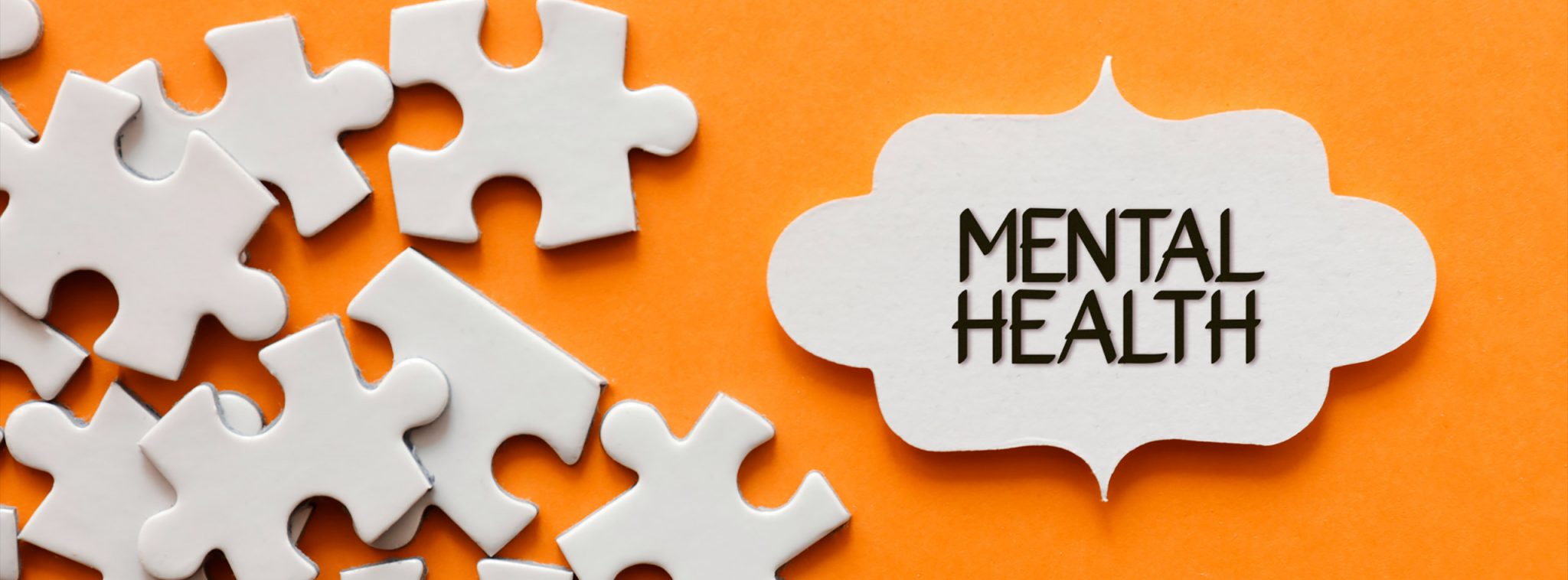Behavioral Health Administration
At Rock Creek Foundation, we believe in the resilience and potential of the individual spirit. However, individuals cannot operate without support. Every individual with mental health illnesses, whom we serve, needs broader support from their community. That’s why the Maryland Department of Health’s Behavioral Health Administration (BHA) is a primary funding source for Rock Creek Foundation.
Maryland BHA supports publicly funded services that promote recovery, independent living, and overall health and wellness support programs for individuals experiencing emotional, substance-related, addictive, and/or psychiatric disorders.

There are a number of programs and community-based services in Maryland that partner together and create a diverse but interconnected fabric of support for people at risk of mental and behavioral health issues. That’s where the work of the LBHA, also known as the Local Behavioral Health Authority, makes all the difference.
While the DDA is a State level agency in charge of disbursing State funds, the LBHA plans, manages, and monitors local, county-based programs. In Maryland, the LBHA is the result of the joint efforts between the Core Service Agency (CSA) of the Department of Health in Maryland and the Local Addiction Authority.
Besides overseeing the management and planning, LBHA also acts as a resource for individuals or families. It can provide information and referral services for those seeking mental health and substance use-related treatment.

To understand the LBHA’s role in furthering Rock Creek Foundation’s aims, it’s important to learn the scope and vision for the behavioral health system of care in Montgomery County.
There are core commitments that align Rock Creek with LBHA, and these include:
- Providing individuals and families with a full range of services
- Linking services together so the individual and/or family experience a truly seamless form of ongoing care and treatment
- Treating behavioral and mental health issues as conditions that are not only common but also occur together
- Strengthening treatment services with support and recovery programs, as well as resilience-focused strategies so that individuals can take charge of their own futures and outcomes
- Delivering services that are culturally sensitive and aware of biases that could cause discrepancies in access to or quality of care
- Through these priorities, ensuring that individuals with behavioral issues experience improved health, wellness, and quality of life, for life

Sometimes, the first step is the hardest and most confusing. This is especially true in situations where individuals and families are faced with potential mental health or substance-related problems. Often, the most significant thing they can do to break the cycle is gain clear, concise information about the next steps and resources they can consult.
The LBHA aims to do just that. While the body doesn’t provide direct services, staff are always available to assist individuals with information and even referrals for:
- Families who need access to crisis services
- Special behavioral health care options for the elderly
- Those who have Medical Assistance or no insurance and need treatment services
- Individuals who need outpatient, case management, and residential treatment services
- Housing options, especially residential rehab facilities for individuals with mental illnesses
- Patients who need help purchasing psychotropic medications as part of their ongoing, doctor-supervised treatment
- Support groups within the individual’s area or neighborhood
- Parents who need information and help to advocate for their child’s behavioral health needs
- Ongoing training opportunities
